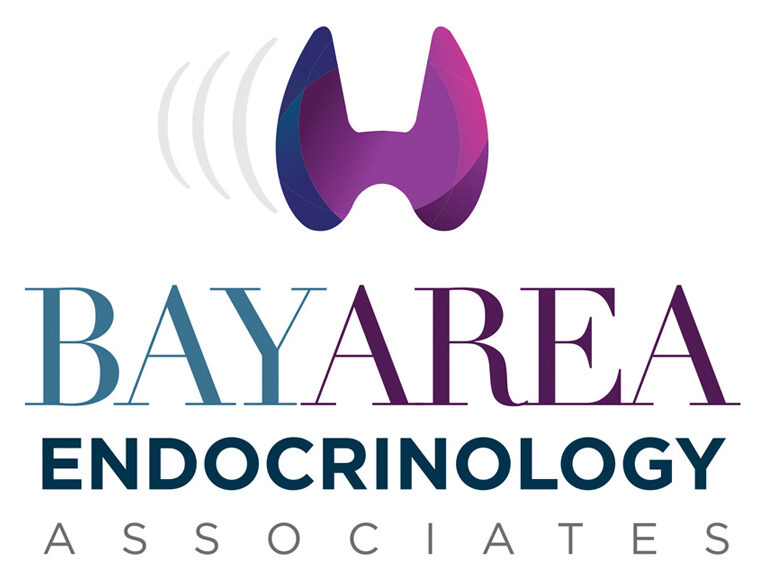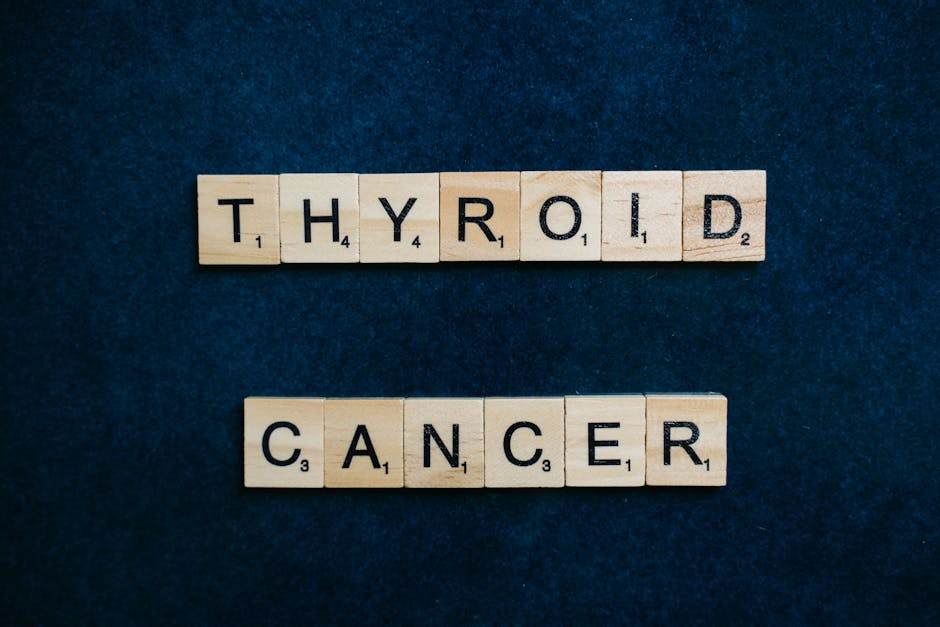Thyroid disease is a condition that affects millions of people worldwide. There are many different types of thyroid disease, but the most common is Graves’ disease. Graves’ disease is an autoimmune disorder that causes the body’s immune system to attack the gland. This can lead to several health problems, including weight gain, fatigue, and depression. While there is no cure for Graves’ disease, treatment options are available to manage the symptoms and improve quality of life. If you think you might have the condition, you must see your doctor for a diagnosis and discuss your treatment options. Is the disease curable? Let’s explore together!
What Is Thyroid Disease, and What Are Its Causes?
Thyroid disease is a disorder that occurs when the gland does not produce enough of its hormones or produces them in excess. Triiodothyronine (T3) and thyroxine (T4) are critical in regulating essential metabolic functions, like energy production and maintaining healthy cholesterol levels. The two most common types of this condition are hypothyroidism and hyperthyroidism. Hypothyroidism occurs when the condition does not produce enough of its hormones, while hyperthyroidism occurs when it overproduces them. Genetic factors, environmental toxins, autoimmune disorders, and iodine deficiency can cause it. Treatment options may include medication, surgery, and dietary modification; however, since it is a chronic condition with no cure, ongoing management is essential for controlling symptoms in the long term. Early detection through regular medical screenings is key to managing it successfully.
How Is Thyroid Disease Diagnosed and Treated?
The diagnosis and treatment of the disease are complex and intricate, requiring the collective experience of experts in medicine, radiology, and endocrinology. Typically, a physician will perform a physical examination that includes blood tests to check hormone levels. Imaging technologies, such as ultrasound, CT scans, or MRI, may be used to examine any nodules or growths found on the affected gland. A biopsy can help diagnose certain types of its cancer if abnormalities are identified during this process. Once there’s this condition or cancer diagnosis, it’s important for industry leaders to come together to determine the best options for treatment. If it’s cancer-related, surgery is usually recommended to remove the affected tissue or entire gland. However, other treatments or medications may be implemented, depending on the condition’s cause and its severity. Regular follow-ups with your endocrinologist throughout this process are critical for optimal long-term care management. In general, receiving timely evaluations from professionals specializing in endocrinology can help ensure an accurate diagnosis and successful management of your health condition.
Can It Disease Be Cured, or Must It Be Managed for Life With Medication And/or Surgery?
While there is no single answer to the question of whether the disease can be cured, most industry experts maintain that successful management of this condition requires medication and/or surgery. The complexity of thyroidal dysfunction and the fact that there are various causes make it difficult to say whether or not the disease can be cured definitively. However, since early diagnosis and treatment can help reduce or even eliminate symptoms in some cases, it is important to seek medical attention should any signs or symptoms present themselves. In some instances, medications may prove effective at restoring normal levels of their hormones. Ultimately, medical intervention and lifestyle adjustments are essential for controlling this condition and achieving a sense of well-being. Therefore, while there may be potential for permanently curing certain forms of the disease, successful management usually depends on ongoing treatment.
Are There Any Natural Ways to Treat or Cure The Disease?
While there is no one-size-fits-all answer to whether there are natural ways to treat it, industry leaders agree that for some patients, these methods can help improve their overall health. There are a variety of possibilities, from dietary and lifestyle changes to supplementation with herbs and other natural remedies. By evaluating a patient’s current diet and lifestyle and making individualized recommendations to support good nutrition and optimize hormonal balance, natural treatment modalities can be effectively used for many people. Additionally, practitioners may suggest healing essential oils be applied topically or diffused to aid in relaxation and reduce stress levels. Although these approaches alone may not “cure” a condition, such as an autoimmune disorder like Hashimoto’s or Graves’ Disease, they have the potential to produce improved well-being. When combined with conventional medical therapies, such as hormone replacement therapy, natural treatment methods can help improve outcomes when it comes to treating disease. As always, it’s important to consult a physician before starting treatments.
What Are the Risks of Untreated or Undertreated Thyroid Disease?
Untreated or under-treated this disease can lead to several risks and complications, depending on the individual’s condition. It can most often cause changes in body weight, such as weight gain, fatigue, dry skin and hair, headaches, and general malaise. Over time, the untreated condition can lead to more serious physical issues, including heart palpitations, difficulty breathing, and extreme sensitivity to cold temperatures. In addition to physical risks, undiagnosed or under-treated stalemate can have far-reaching mental health implications. Common effects include anxiety and depression, inability to concentrate, and decreased motivation. As experts in the field of this disorder management understand all too well, it is imperative that individuals with signs or symptoms seek medical advice to manage the condition properly. Ignoring the risks associated with this widespread condition could potentially have long-term repercussions that are preventable if addressed promptly. It is important for patients living with this chronic imbalance to take an active role in understanding their diagnosis and subsequent treatment options so that they can control their future health outcomes accordingly.
Conclusion
Thyroid disease is an incredibly common disorder with many possible treatments, both conventional and natural. It’s important to remember that no single approach will work for everyone. It’s important to discuss this with your doctor before beginning any course of treatment. Additionally, if you have been diagnosed with the condition, be sure to follow your doctor’s instructions and take any prescribed medications to manage your condition.







